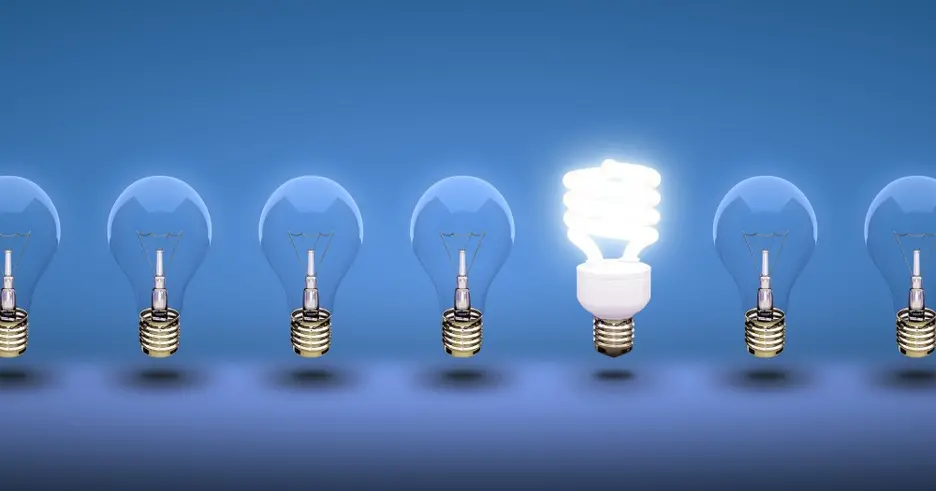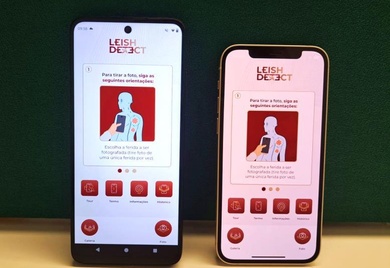How to reduce your energy costs and become more competitive

[caption id="attachment_3709" align="alignleft" width="411"] IIC’s GREENPYME program helps companies boost competitiveness through energy efficiency measures[/caption]
IIC’s GREENPYME program helps companies boost competitiveness through energy efficiency measures[/caption]
We've identified the four main barriers to companies increasing their energy efficiency. They are: Lack of information, lack of technical know-how, lack of technology, and lack of financing.
For some, the solution has been capturing the heat that the machinery gives off; for others it has been replacing air conditioning equipment or even the televisions in a hotel. In the case of Javier Sancho, the manager of corporate banking with BAC Credomatic in Costa Rica, the solution was lighting in the bank branches.
After human resources costs, BAC Credomatic's largest expense is from electricity, mainly for lighting and air conditioning. An energy audit recommended the regular lights be replaced with LEDs, which would reduce the electric bill by 40%.
"This is a tried and true mechanism for improving a company's competitiveness. It enables the company to be sustainable in the long term, to the benefit of not only its owners but also the community it does business with and its employees," Sancho said.
In order to guide and advise SMEs, the Inter-American Investment Corporation (IIC) provides free energy audits through its GREENPYME initiative. The diagnoses resulting from the audits identify the changes companies can make in their energy consumption to reduce costs and increase competitiveness through good practices and investment in more efficient equipment.
The exercise involves reviewing all the facilities and equipment that consume energy to determine what can be replaced with more efficient options. It is also important to look at how current equipment can be made to consume or waste less energy. In this way, small changes can result in monthly savings for the company.
So far, GREENPYME has completed 600 free diagnostics for companies in Central America and Bolivia. If you're interested, see our web page for more information.
LIKE WHAT YOU JUST READ?
Subscribe to our mailing list to stay informed on the latest IDB Invest news, blog posts, upcoming events, and to learn more about specific areas of interest.
Subscribe



